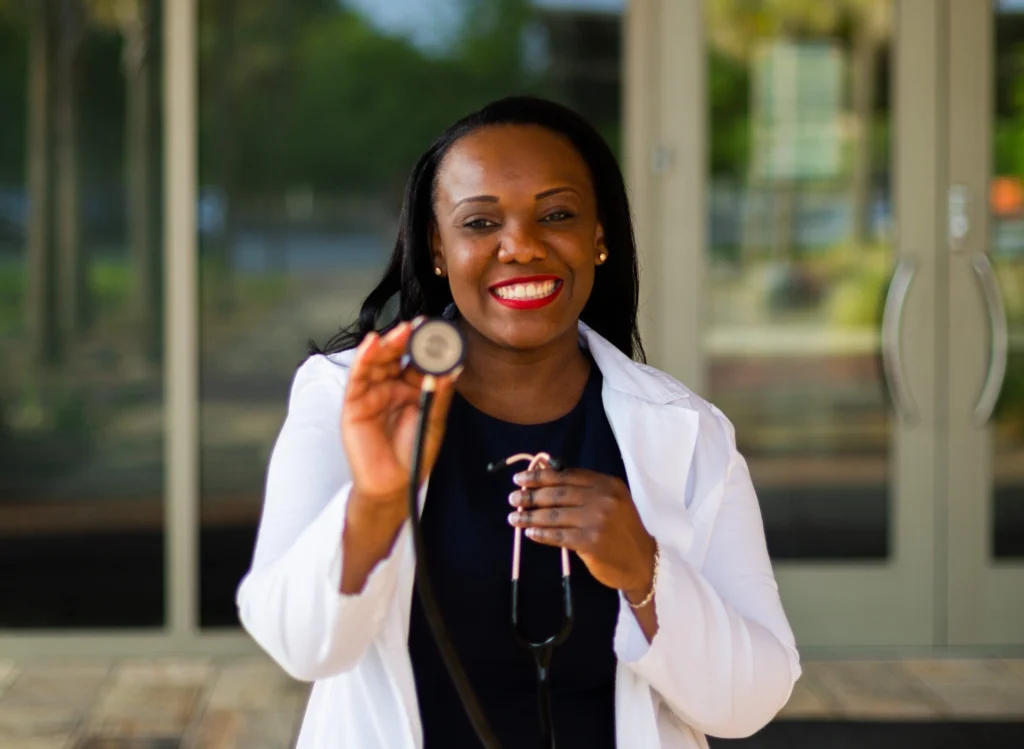
Story at-a-glance
- High income doesn’t equal wealth—many doctors struggle financially due to poor savings habits and lifestyle creep.
- Your career is a long-term asset, not a lottery ticket—wealth builds slowly, not overnight.
- Avoid overspending early in your career—cars, homes, and vacations can delay financial freedom.
- Buy disability insurance early to protect your future income while rates are low and health is strong.
- Build wealth through planning, diversification, and disciplined saving—not by trying to look wealthy too soon.
Remember that game “LIFE?” The child’s board game by Milton Bradley? In that game, the player with the biggest salary was the doctor. But in the game, there were no debt service expenses. There were no medical malpractice insurance premiums. And the government wasn’t squeezing Medicare and Medicaid reimbursement rates.
A physician’s career is still a very lucrative thing, and that’s not changing any time soon – even with health care reform. Doctors can still expect to make a very decent living. But here’s the deal:
Financially, your career is a crock pot, not a microwave. Simply earning a medical degree is not going to automatically make you rich, or even particularly affluent. You still have a ways to go. Your best earnings years are likely well ahead – especially when you take student loans into account. And if you go into private practice, you must anticipate some significant expenses.
What’s more: In the excellent book Millionaire Next Door, authors Thomas J. Stanley and William Danko find that given their income levels, doctors are poor savers.
Here are financial tips for young doctors to ensure success over the long haul:
5 Financial Tips
1. Forget about keeping up with the Jones’s
Brand new doctors have no business trying to buy the same late-model Mercedes that their department head who’s been in practice for years is driving. You also don’t have to try to buy a house in the same neighborhood. You never know if he or she is struggling, and you just don’t see it.
2. Make a plan
It’s easy for young doctors just leaving residency to spend all the extra money they have, now that they finally have a bit of free time. Those ski trips and nice dinners out can ruin you financially, unless you get control over them. Make a spending plan; pay yourself first after all your expenses, and stick with it.
3. Buy disability insurance and buy it early
Yes, that’s what you would expect to read from a business that sells disability insurance to doctors. But there are a hundred financial products we could sell to young physicians. There is a reason we put disability insurance on the top of the list: It’s vitally important.
4. Invest in things outside of medicine
Many doctors have their investments tied up in medically-related investments. Understanding something clinically and understanding it as an investment are very different things, however. Furthermore, your incomes are already closely tied to the fortunes of the health care industry. Use investments to diversify. Spread your risks. Don’t concentrate them. You can have a very conservative strategy and still be very successful. Boring is good.
5. Start saving for your kids'educations early
Make full use of Section 529 plans and in some cases permanent life insurance. Chances are good your children won’t qualify for much in the way of ‘need-based’ financial aid when it comes time for them to go to school.
P.S., While we’re at it, here’s a list of 20 things the Millionaire Next Door does not do!
Invest in Your Tomorrow
Want more information about creating a financial plan? Schedule a financial planning consultation with a certified professional.




